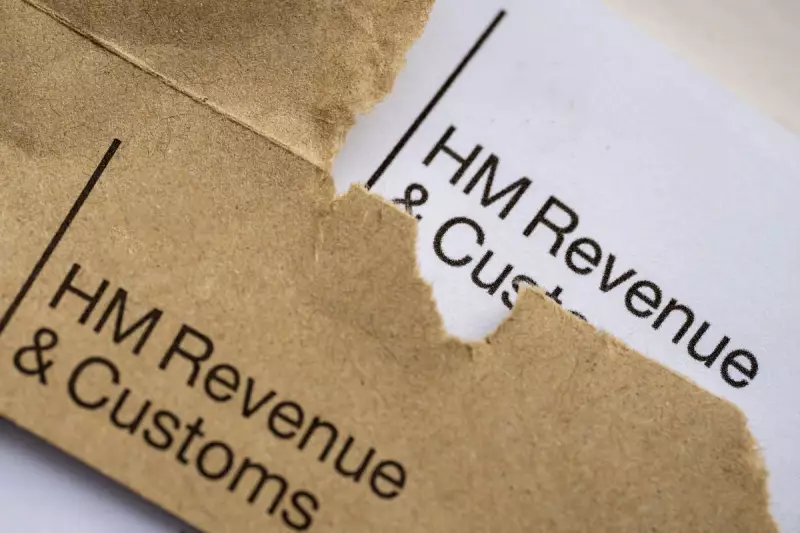
In a dramatic expansion of its powers, HM Revenue and Customs (HMRC) has been granted authority to directly recover unpaid tax debts from millions of British bank accounts without obtaining court orders first. This controversial move represents one of the most significant shifts in tax collection powers in recent memory.
The New Direct Recovery System
The new system allows HMRC to target funds directly from current accounts and savings held with banks, building societies, and other financial institutions. Unlike previous recovery methods that required court approval, this streamlined approach gives HMRC unprecedented direct access to taxpayer funds.
According to official estimates, this power could affect up to 17,000 individuals annually who owe more than £1,000 in tax debts. The government claims this will help recover approximately £45 million in otherwise difficult-to-collect revenues in the first year alone.
Safeguards and Protections
Despite the sweeping nature of these powers, HMRC insists multiple safeguards are in place to protect vulnerable taxpayers:
- Minimum balance protection: A minimum of £5,000 must always remain across all accounts after any recovery action
- Multiple notifications: Taxpayers receive multiple warnings and opportunities to arrange payment plans before direct recovery occurs
- Appeal rights: Individuals have 30 days to challenge the decision before funds are transferred
- Vulnerability considerations: Special protocols exist for those in financially vulnerable circumstances
Industry Concerns and Public Reaction
Financial experts and consumer rights groups have expressed serious concerns about the implementation of these powers. Many worry about the potential for errors and the lack of judicial oversight in the recovery process.
"While tax collection is essential, bypassing the courts sets a dangerous precedent," noted one financial advisor. "The system relies entirely on HMRC's internal processes to prevent mistakes that could leave people unable to pay essential bills."
What This Means for UK Taxpayers
The new powers mark a significant shift in the relationship between taxpayers and HMRC. Individuals and businesses now face the reality that unpaid tax bills could result in direct access to their bank accounts without traditional legal proceedings.
Financial advisors recommend that taxpayers facing potential tax difficulties should engage with HMRC early to arrange payment plans rather than risk direct recovery action. Proactive communication appears to be the best defence against unexpected account access.
As this new system rolls out, both its effectiveness in recovering unpaid taxes and its impact on taxpayer rights will be closely watched by financial observers and civil liberties organisations across the country.





